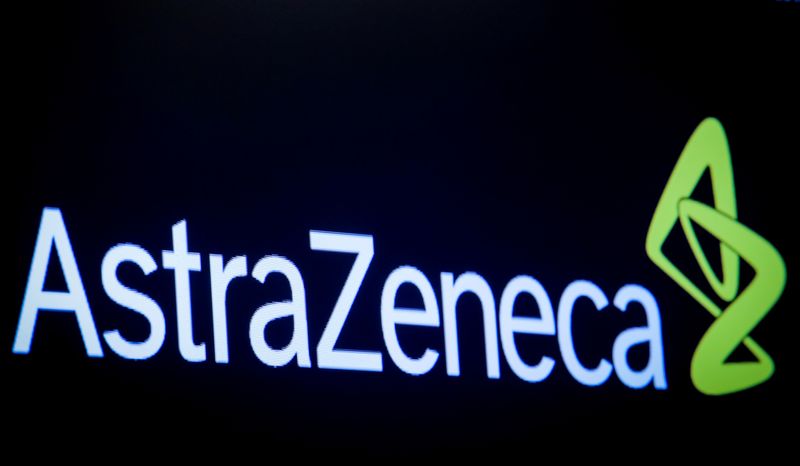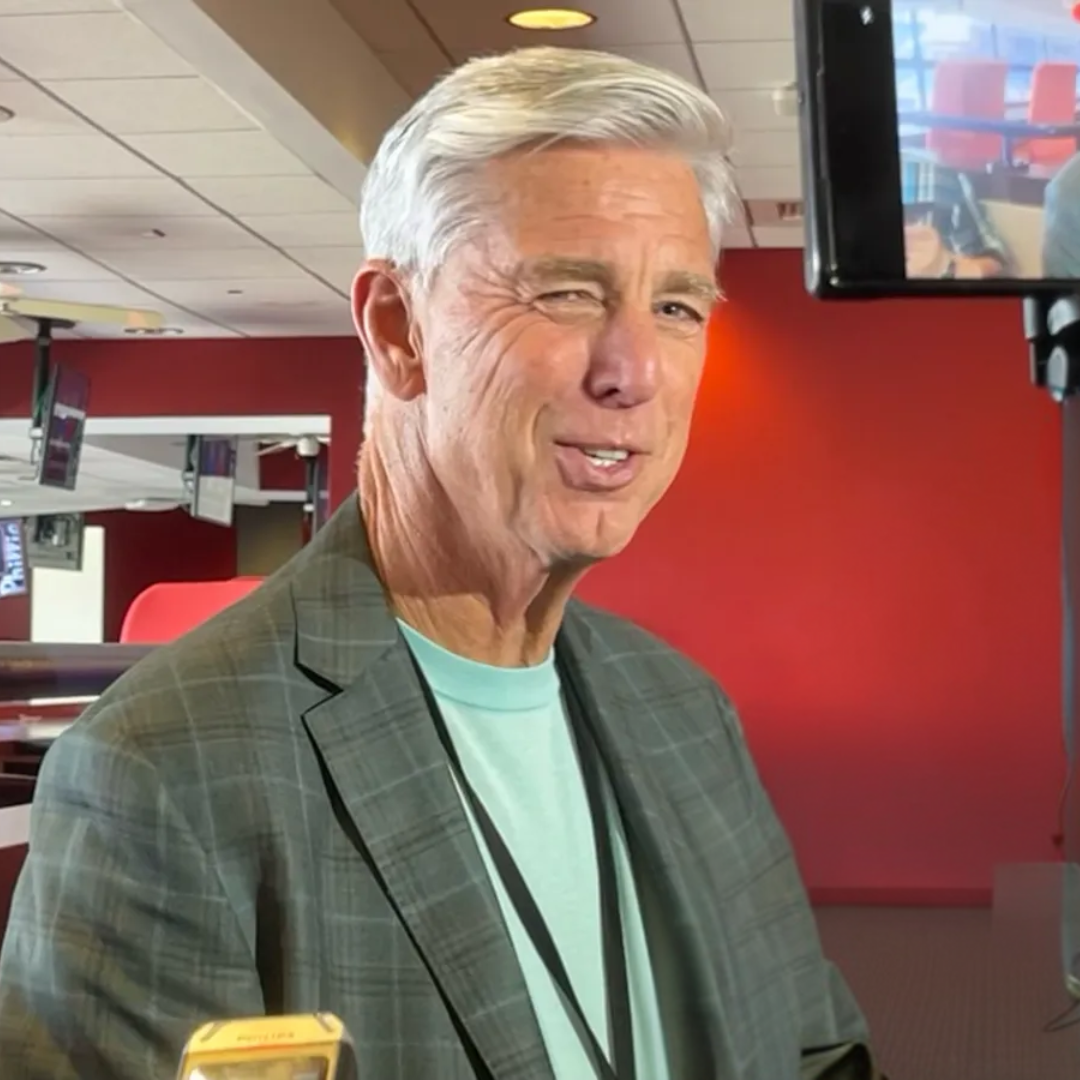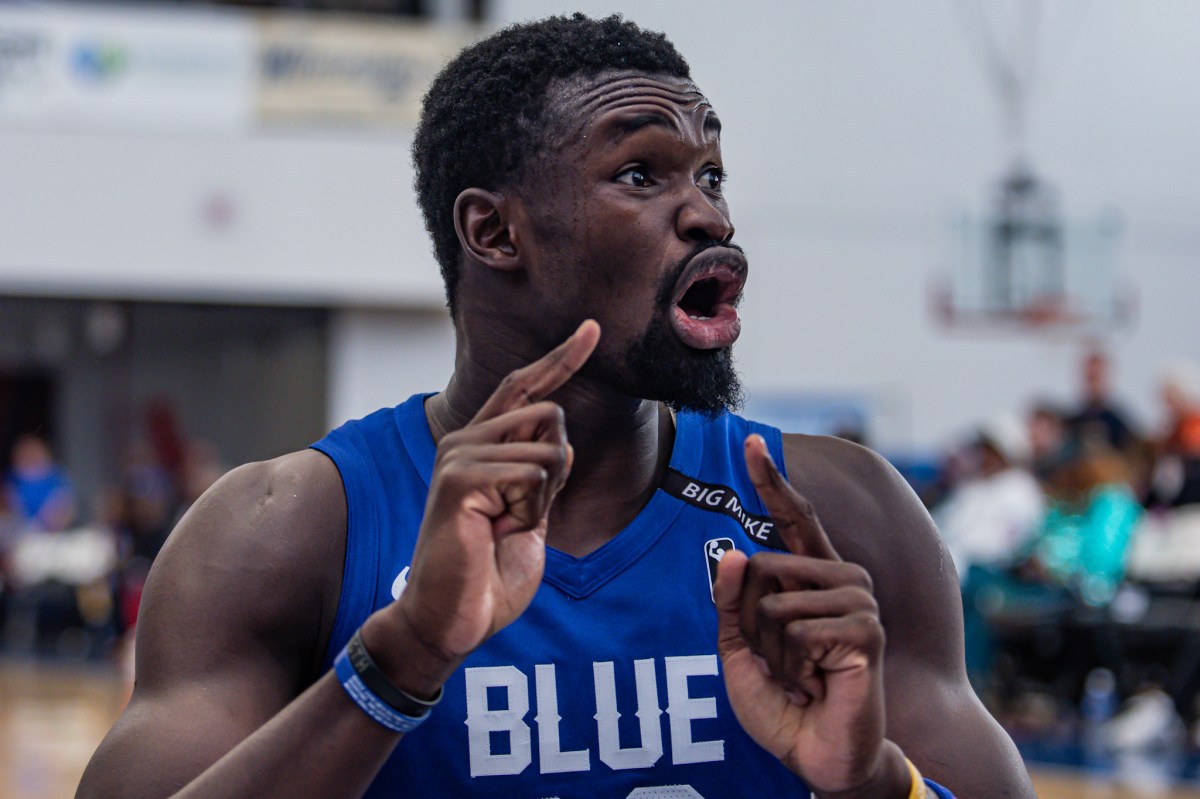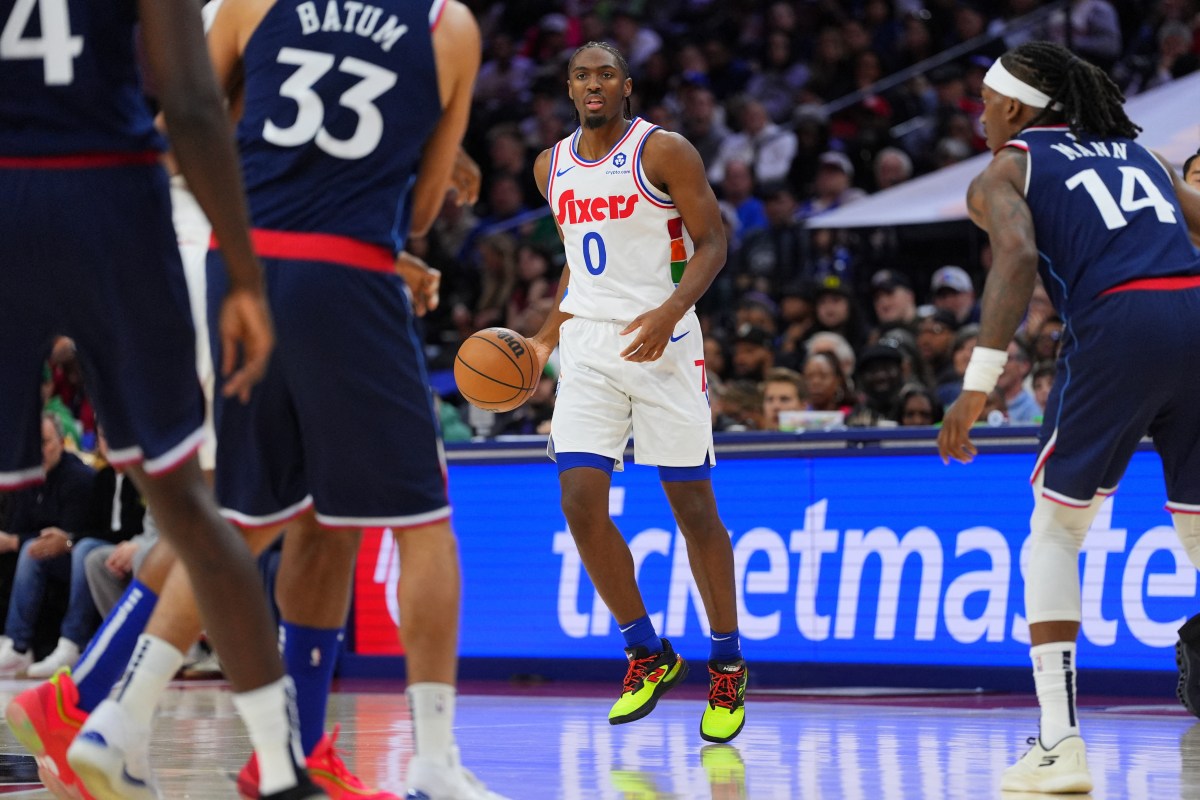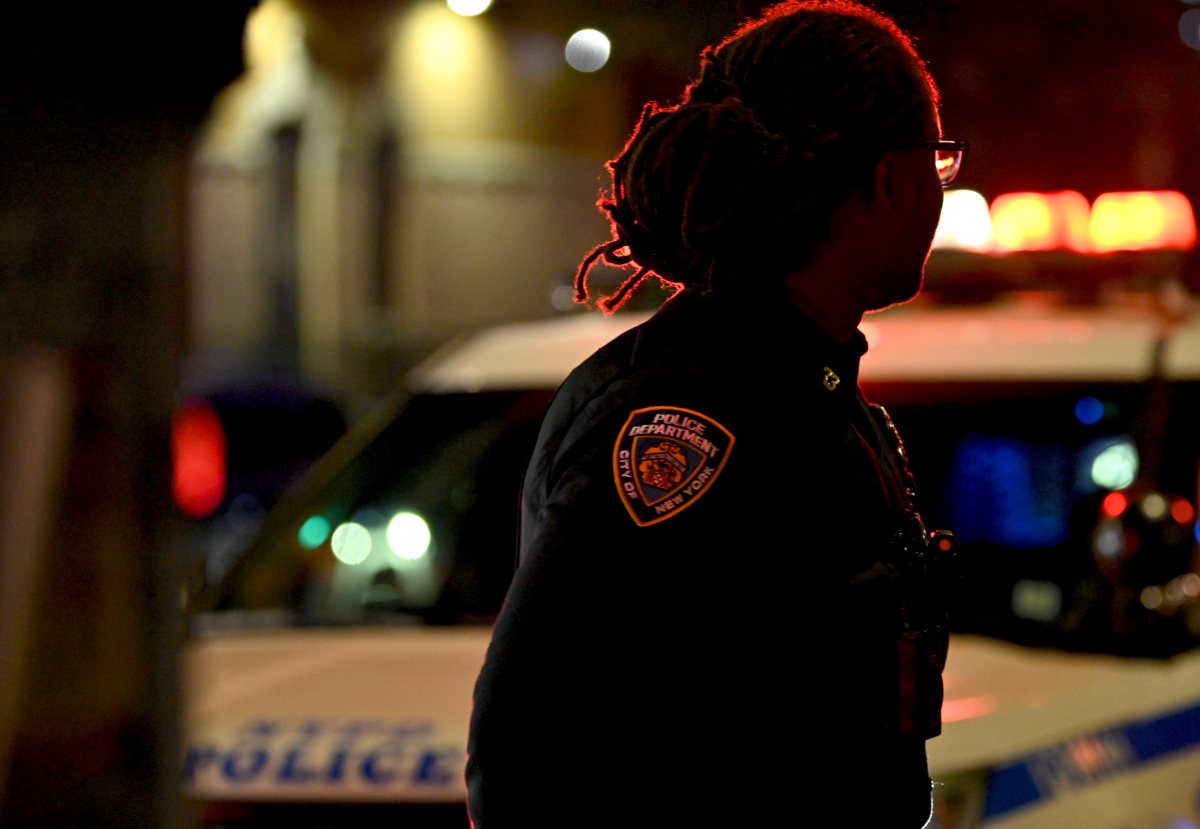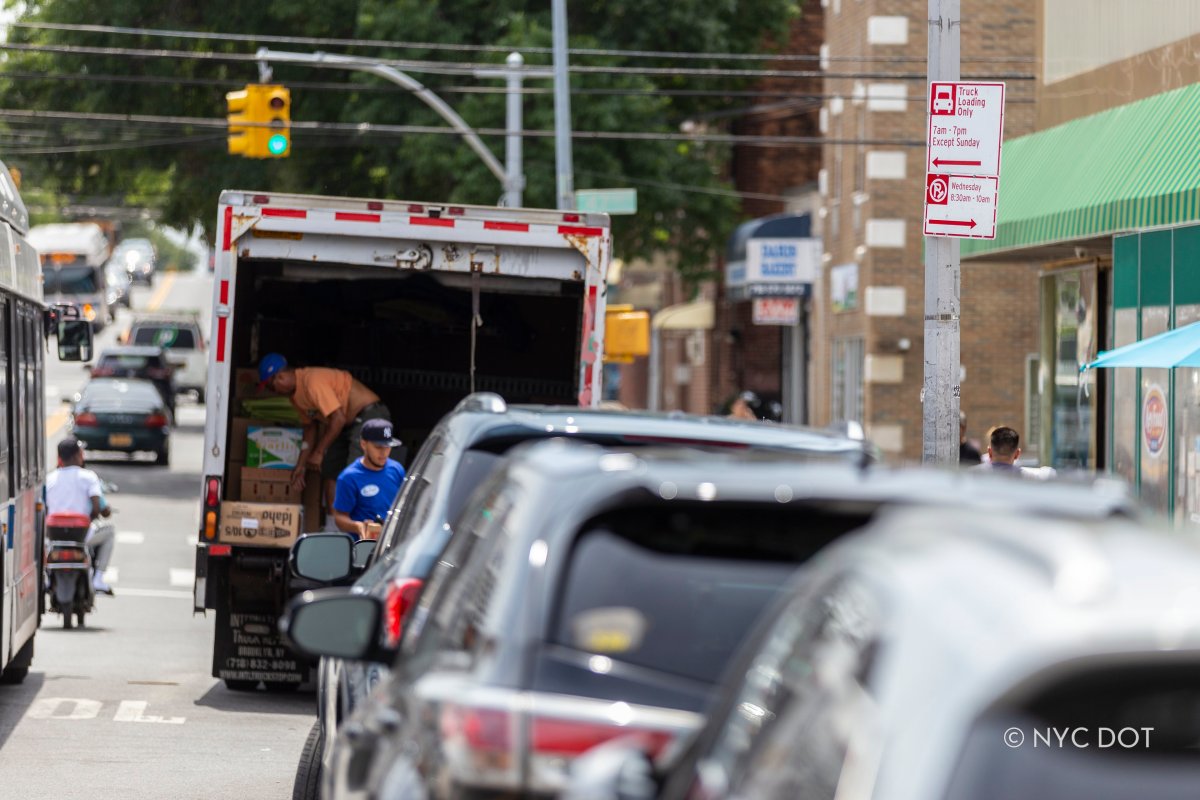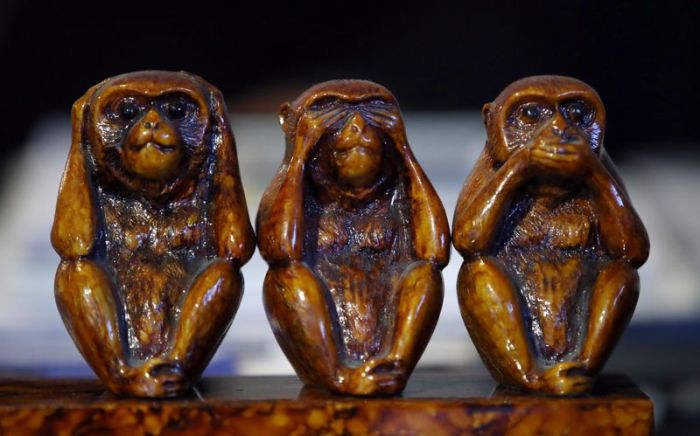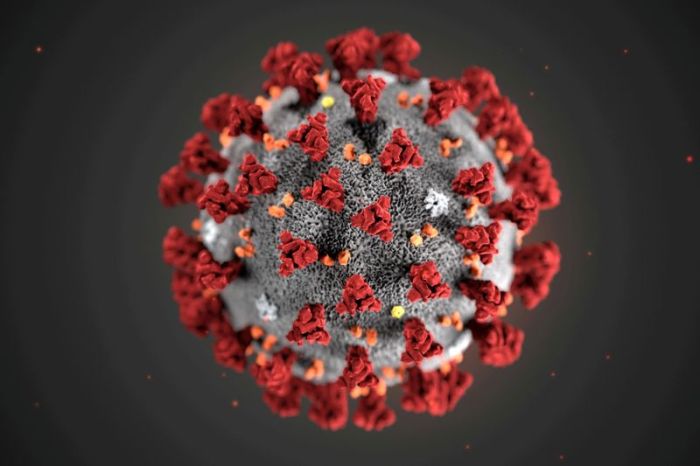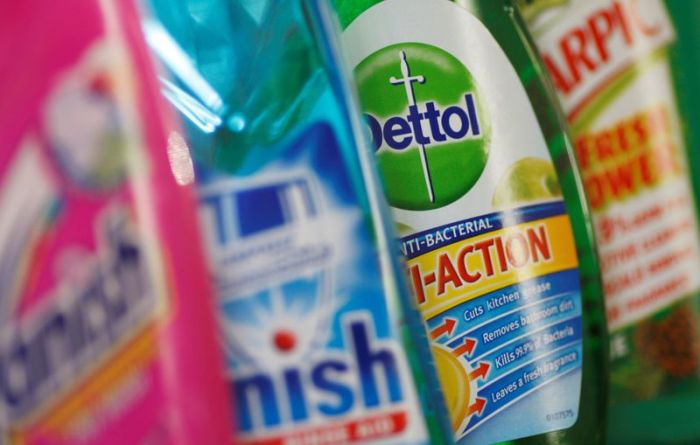(Reuters) – Britain’s AstraZeneca <AZN.L> joined forces with the University of Oxford on Thursday to help develop, produce and distribute a potential COVID-19 vaccine, as drugmakers around the world race to find a solution to the deadly disease.
UK Business Secretary Alok Sharma welcomed the tie-up as a vital step to making the Oxford vaccine available as soon as possible if it succeeds in clinical trials.
A team of British scientists last week dosed the first volunteers, and earlier this month said large-scale production capacity was being put in place to make millions of doses even before trials show whether it is effective.
Only a handful of the vaccines in development have advanced to human trials, an indicator of safety and efficacy – and the stage where most vaccines fail.
“Our hope is that, by joining forces, we can accelerate the globalisation of a vaccine to combat the virus and protect people from the deadliest pandemic in a generation,” AstraZeneca Chief Executive Pascal Soriot said.
The drugmaker did not give details on when it plans to start producing the vaccine “ChAdOx1 nCoV-19”, being developed by the Jenner Institute and Oxford Vaccine Group.
Though the firm is not a major player in vaccine development unlike European peers GSK <GSK.L> and Sanofi <SASY.PA>, who are working on their own vaccine, it has deep pockets and a $6-billion-strong R&D budget.
The AstraZeneca-Oxford partnership is looking to produce 100 million doses by the end of the year and prioritise supply in the UK, Soriot told https://www.ft.com/content/ddf8ec8c-dc30-43b3-847e-c412704a0296 the Financial Times.
Cambridge-based AstraZeneca is also testing two of its approved treatments as a therapy to help in the outbreak that has so far infected over 3 million people and killed more than 215,000.
Its shares rose 2% on London’s FTSE 100 <.FTSE> by 0923 GMT as the main index fell, outpacing rival GSK.
Governments, drugmakers and researchers are working on around 100 vaccines for the virus. Industry experts say a successful vaccine will likely take more than a year to be developed but that is much faster than the average development time of 5-7 years.
There are currently no treatments or vaccines approved for the highly-contagious respiratory illness caused by the coronavirus, but healthcare workers have been trying many approaches to treat patients.
India’s Serum Institute, the world’s largest maker of vaccines by volume, has already said https://www.reuters.com/article/us-health-coronavirus-india-vaccine/indias-serum-institute-to-make-millions-of-potential-coronavirus-vaccine-doses-idUSKCN22A2YY it would produce millions of doses of the Oxford University shot.
The vaccine, a type known as a recombinant viral vector vaccine, uses a weakened version of the common-cold virus spiked with proteins from the novel coronavirus to generate a response from the body’s immune system.
Other drugmakers testing possible COVID-19 vaccines include Pfizer <PFE.N>, Moderna <MRNA.O>, Johnson & Johnson <JNJ.N> and Novavax <NVAX.O>.
(Reporting by Pushkala Aripaka in Bengaluru; Editing by Aditya Soni and Elaine Hardcastle)

